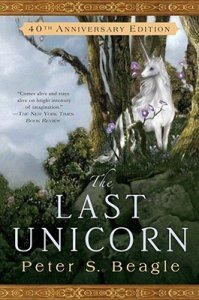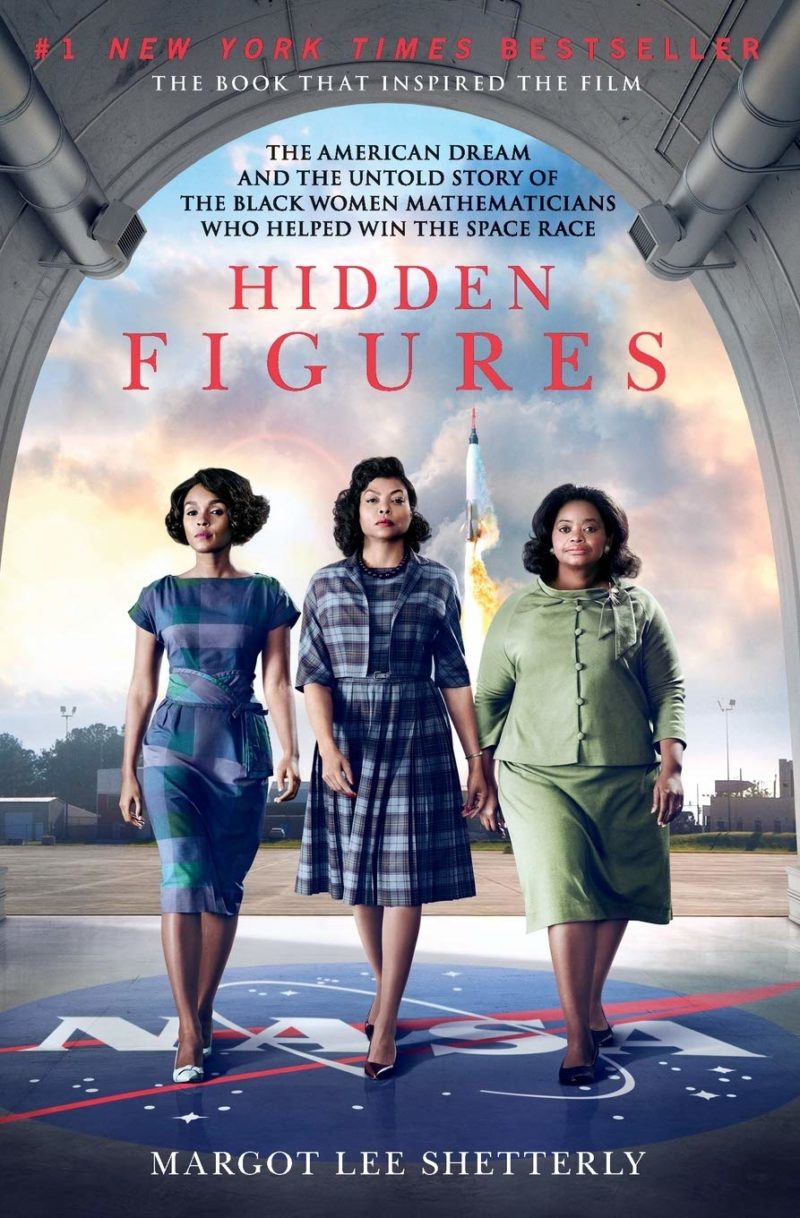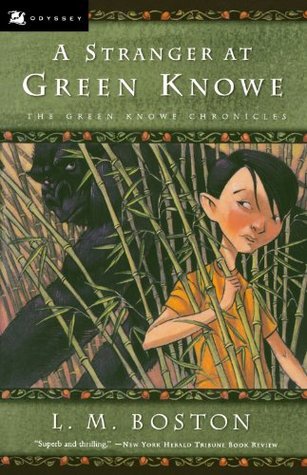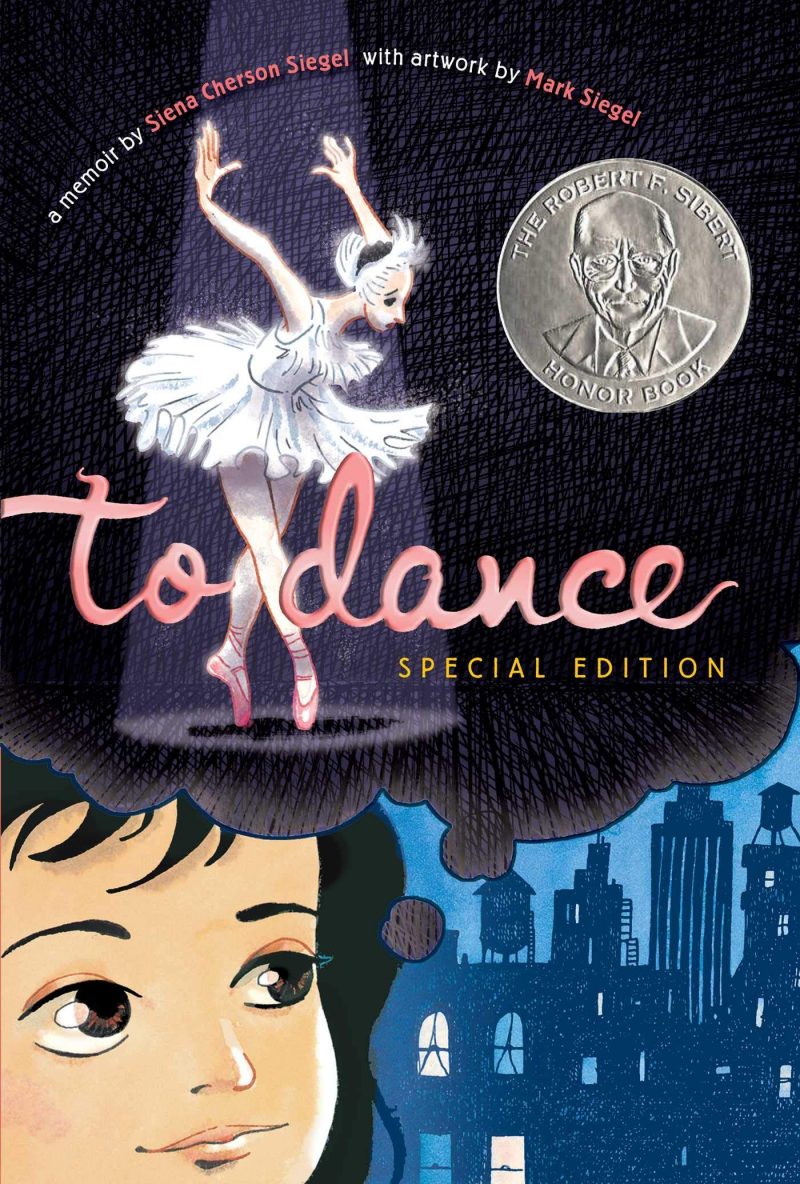[button color=”black” size=”big” link=”http://affiliates.abebooks.com/c/99844/77798/2029?u=http%3A%2F%2Fwww.abebooks.com%2Fservlet%2FSearchResults%3Fisbn%3D9780345323842″ target=”blank” ]Purchase here[/button]
The Last Unicorn
by Peter S. Beagle
It would be a shame if adults reading this review noted the “12+” age recommendation and decided this book wasn’t for them. This is a book adults may appreciate on a level only an exceptional 12-year-old can grasp. In fact, it is a book to be loved, revisited, shared, and savored in the mouth like a favorite poem read aloud, even if you read without moving your lips. As one who appreciates the writer’s craft, I am moved by excellence when I see it. And since the story itself is very moving, I floated through this book on a sea-swell of emotion. The last time a single story made me cry so much in proportion to its length, it was Tolkien’s Smith of Wootton Major. I don’t mind acknowledging a kinship between them. Both are tales about a farewell to a kind of magic in the world, and both are told with elegance and eloquence.
The Last Unicorn is now a classic tale. I wish I could have witnessed the impact it made when it first came out in 1968. It is the tale of a beautiful, immortal creature – less like a horse with a horn on its head than you would think – who, one day, realizes that she may be the last of her kind. Regretfully, she leaves her sheltered wood and goes out into the world to seek her kind, or word of their fate. She finds a world where men have forgotten to believe in her, where most cannot see her for what she is, and where some who do recognize her mean her ill.
The unicorn’s quest takes her through captivity in an evil witch’s freak show, companionship with a hopeless wizard named Schmendrick, collision with a band of merry men who aren’t really so merry, and connection with a past-her-prime Maid Marian type (named Molly Grue) whose first words to the unicorn are a heart-wringing reproach: “Where have you been?” But the main part of the quest involves a wicked king, a cursed castle, a lovesick prince, and a terrifying creature called the Red Bull.
If you look close, you can learn a lot from what Beagle does. He never says the expected thing in the expected way. He chooses descriptive words that appeal to different senses than what we would automatically focus on, resulting in such phrases as “furry black wine” and “the little cat’s random fur.” Occasionally, he even seems to disregard the proper meaning of a word, as if choosing it for its musical effect. His every phrase, sentence, and paragraph seems to be crafted with a poet’s sensibility, with alliteration, assonance, and all the other devices that make a story seem just as close to being sung as spoken. To be sure, there are occasional moments where an ear for literal sense rebels against this impressionistic language; for example, after seeing him use the word “betimes” in two very different books, I doubt that Beagle thinks it means what I think it means. On the other hand, did I mention that the book’s beauty made me weep?




